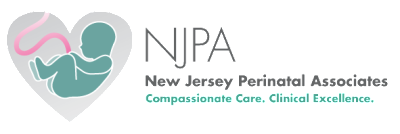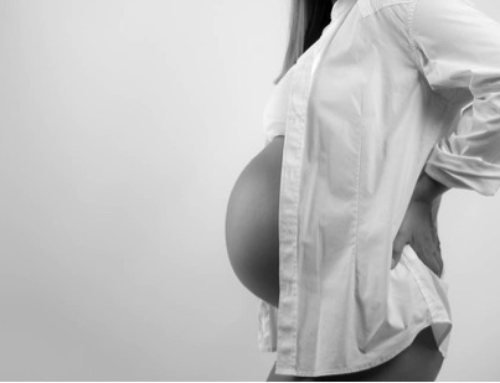Induced Labor Linked to Autism
A recent article in JAMA Pediatrics is suggesting an association between induction/augmentation of labor and autism has gained a lot of media attention in recent weeks. It has also led to many questions from our patients. I am glad our patients are so involved in their care and actively work to keep themselves abreast of the latest developments in the medical field. But before we all start panicking because we have children who were born after induction/augmentation of labor, or make our obstetricians sign contracts stating we will not undergo induction/augmentation of labor under any circumstances, let’s take a closer look at this study.
Study Links Inducing Labor to an Increased Risk of Autism
The research was conducted at Duke University in Durham, North Carolina. Dr. Simon Gregory and his colleagues obtained data from over 625,000 birth records in the state of North Carolina from 1990-1998 and linked them to educational records from the following ten school years, 1998-2008. What they found was that children born to women who underwent induction or augmentation of labor were more likely to have a child diagnosed with autism. Unfortunately most media stories implied that induction and augmentation of labor caused autism. This is just NOT true. Even the authors themselves would disagree with this assertion.
“Our work suggests that induction/augmentation during childbirth is associated with increased odds of autism diagnosis in childhood. While these results are interesting, further investigation is needed to differentiate among potential explanations of the association including underlying pregnancy conditions requiring the eventual need to induce/augment, the events of labor and delivery associated with induction/augmentation, and the specific treatments and dosing used to induce/augment labor (eg, exogenous oxytocin and prostaglandins).”
In no way do the authors imply a causal relationship. There are many variables that were not looked at that could be responsible for the association between autism and induction/augmentation of labor. The authors point out that that they had no information about medications mothers took during pregnancy or labor. Nor did they have complete information on fathers and siblings.
Another interesting detail not reported by the media was how the authors made a point of describing the benefits of indicated induction and augmentation of labor at term such as decreased risk of fetal death, meconium aspiration, neonatal ventilation, sepsis, and neonatal intensive care admission.
Induced Labor Doesn’t Increase Autism Odds
We are not saying this study is without merit. The results raise many interesting questions that need further investigation. The Centers for Disease Control and Prevention report that 1 in 88 children in the United States are diagnosed with autism. This number is expected to rise. Unfortunately, we do not know what causes autism or how to prevent it. We do know that induction and augmentation of labor, when used properly, reduces pregnancy and neonatal complications. As such we would recommend that obstetricians adhere to the current guidelines for induction and augmentation of labor. The authors are in agreement with this.
“Our results are not sufficient to suggest altering the standard of care regarding induction or augmentation; our results do suggest that additional research is warranted.”
It is important to realize that media reports of scientific studies are often flawed and skewed to provoke a response from the public. When you encounter a media story about pregnancy that concerns you please do not hesitate to contact us at New Jersey Perinatal Associates. We would be happy to review the scientific study being reported and answer any questions you may have.
*Addendum: Here is the statement regarding this topic released by the Society for Maternal Fetal Medicine: https://www.smfm.org/attachedfiles/LaborInductionandAutismFinal.pdf





